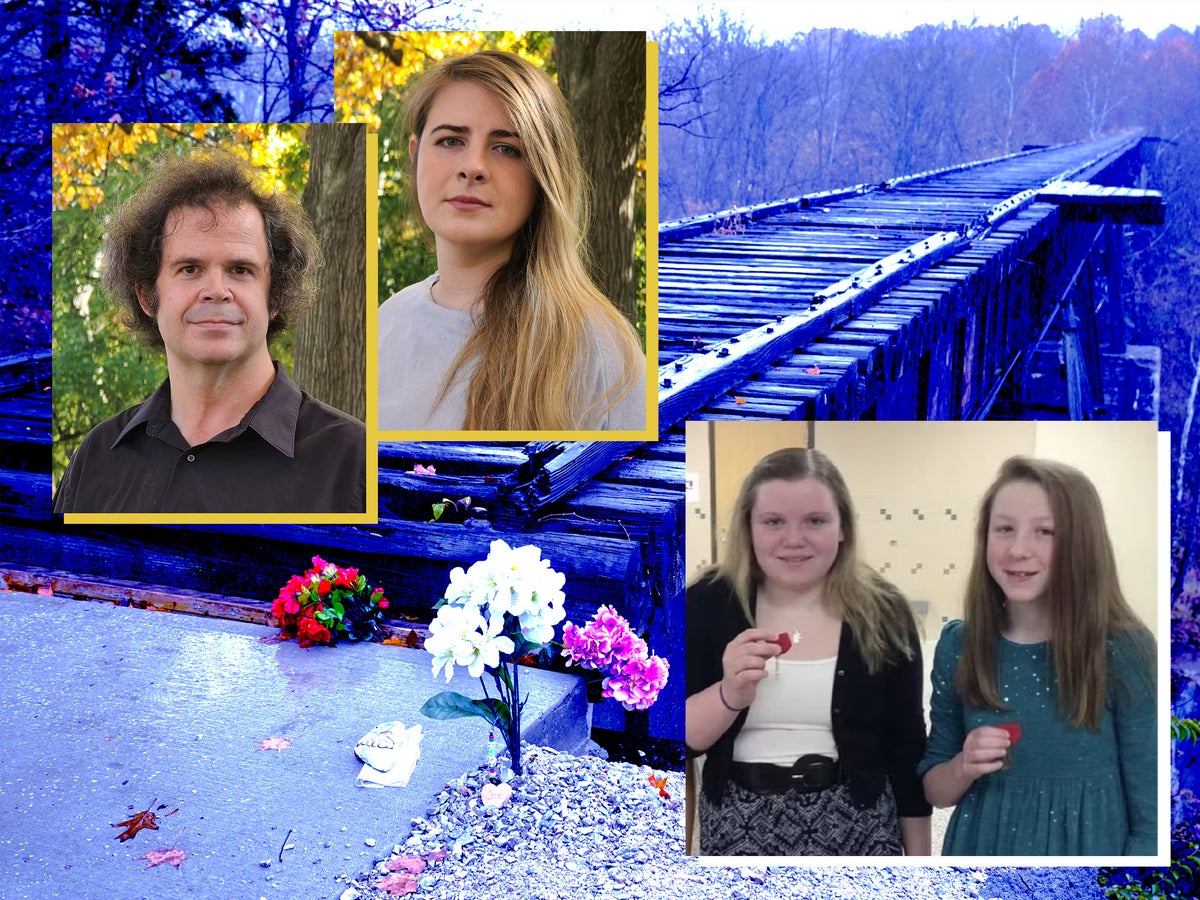
A journalist travels to Indiana to report on an unsolved 1978 case where four young restaurant workers were brutally murdered.
She meets an attorney, who specialises in intellectual property but – after also becoming interested in the cold case – is now representing the sister of one of the victims.
The pair fall in love and get married.
It might not be the typical fairytale romance.
But that’s the story behind husband and wife team Áine Cain and Kevin Greenlee who, on their podcast The Murder Sheet, have together unearthed some key pieces of information and prompted some significant leads in the infamous 2017 Delphi murders case.
Best friends Libby German, 14, and Abby Williams, 13, went missing on 13 February 2017 after they set off on a hike along the Monon High Bridge Trail in Delphi.
Their bodies were discovered the next day in a wooded area around half a mile off the trail. No arrests were ever made, no suspects formally named and details of the killings were kept under wraps.
Then, last month, the case finally experienced a major breakthrough when a suspect was arrested and charged with the two murders after allegedly spending more than five years evading justice and living right under the nose of authorities.
Richard Allen, a 50-year-old married father to an adult daughter, was taken into custody on 26 October and charged two days later with two counts of murder.
Right up until his arrest, Mr Allen was going about his life blending into the close-knit 3,000-strong community in the small town of Delphi.

He and his wife often hung out in one of the local bars.
As a trained pharmacy technician, he was a familiar face in the local CVS store where he worked – even serving the grieving family members of one of his alleged victims.
It seems he wasn’t on anyone’s radar as a suspect in the brutal murders that changed the community forever.
A surprise name
Richard Allen wasn’t a name Ms Cain and Mr Greenlee had ever heard of before his sudden arrest, they tell The Independent.
On their podcast, the spouses and business partners had discussed several names in connection to the 2017 murders.
There was Ronald Logan – the dead man who owned the land where the girls’ bodies were found and who lied to investigators about where he was the day they went missing.
There was Kegan Anthony Kline – the Indiana man who has admitted to using a catfishing account to prey on underage girls and who had been in contact with Libby through the account around the time she died.
There was Tony Kline – the father of Kegan Kline who lived with his son and has also been on the radar of law enforcement investigating the Delphi murders.
But never a Richard Matthew Allen.
Speaking to The Independent from their home in Indianapolis in November, the couple reveal that while they were “certainly curious” when they heard about Mr Allen’s arrest – they weren’t necessarily surprised to find that the suspect was someone never before tied to the case.
“When we’ve been covering this case, there always seems to be some curveball and twist that leaves everybody asking more questions,” says Ms Cain.
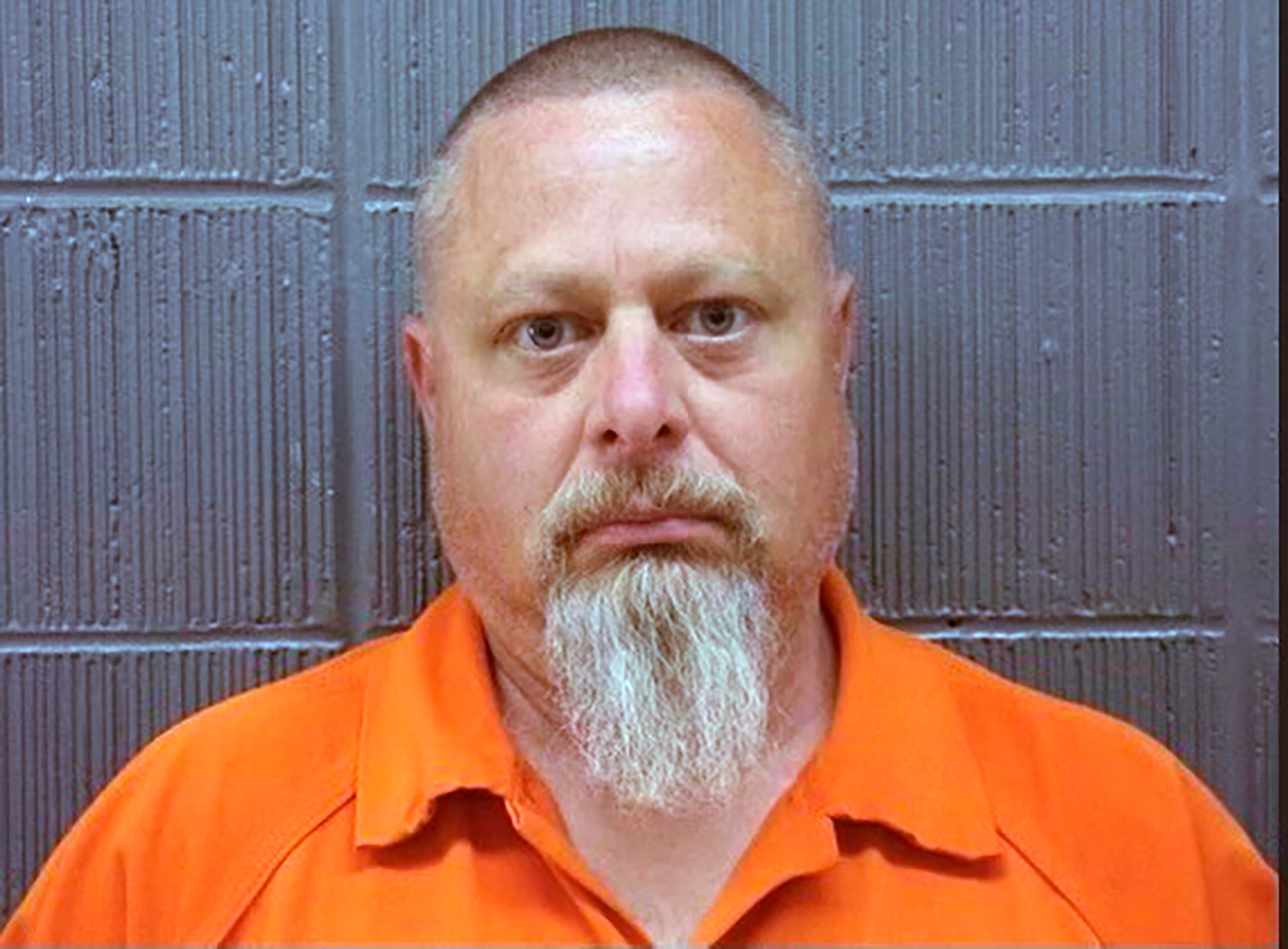
“That’s sort of been the nature of the case since we started covering it. And as journalists we don’t think it’s our job to make a theory fit… it’s an ongoing and active investigation so you always have to be ready for the unexpected.”
Ms Cain adds that while they have done “a lot of investigating behind the scenes”, there is still “a lot we don’t know”.
“The fact that police took the monumental step to actually arrest someone in the case is a huge turning point in the investigation,” she says.
“Nothing will bring Abby and Libby back so ultimately we can’t celebrate as they are still gone but we hope that the families may be a step closer to getting some answers now.”
The Murder Sheet
It was around the four-year anniversary of the murders when the couple first began reporting on the case.
The podcast The Murder Sheet was initially born out of another unsolved murder case entirely.
It was 17 November 1978 when four young workers, aged 16 to 20, were finishing their shift at a Burger Chef restaurant in Speedway, Indiana.
What happened next remains a mystery to this day.
The four employees vanished along with some petty cash from the restaurant safe, with police initially putting the incident down to a robbery gone wrong.
Two days later, all four victims’ bodies were found nearby. They were still dressed in their restaurant uniforms.
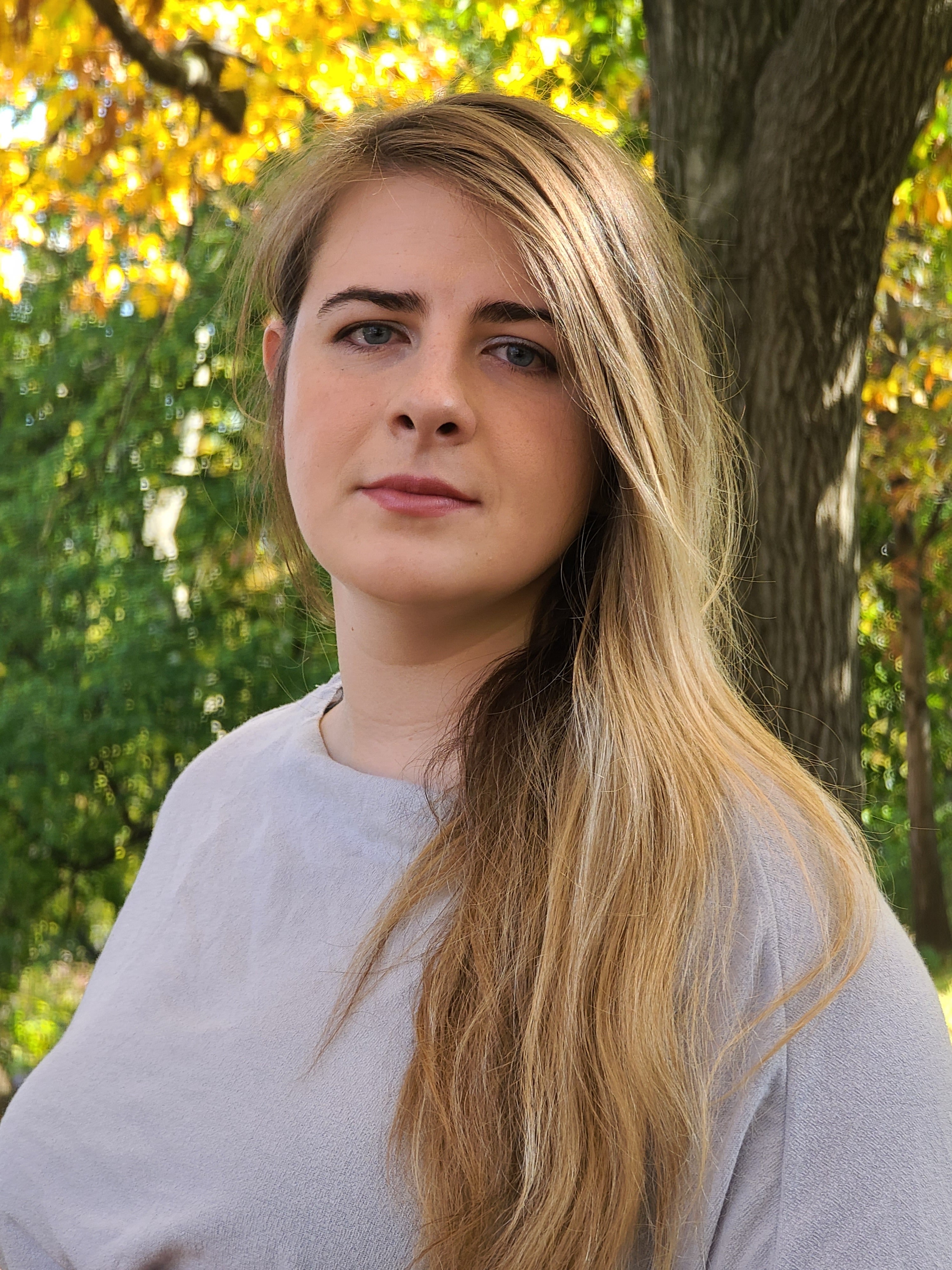
The infamous case soon became dubbed the Burger Chef murders.
Journalist Ms Cain and attorney Mr Greenlee met while both working on the case and, after falling in love and marrying, decided to launch a podcast in November 2020 delving into their shared interest.
“The whole reason we started the podcast was because there were a lot of unusual features to the Burger Chef murders,” says Mr Greenlee.
“For example, the four victims were kidnapped from the restaurant and taken elsewhere. Usually in a restaurant murder, the victims are murdered in the restaurant.
“So we found similar murders and prepared a spreadsheet of all the similar murders and that was why we called the podcast The Murder Sheet.”
For a time, the podcast focused largely on the 1978 case along with “case of the week” episodes of other true crime stories.
Then, they came across the Delphi murders.
“In February 2021, we moved from Brooklyn, New York, to Indiana and we had lots of people telling us ‘you need to do something on the Delphi murders’,” says Mr Greenlee.
Living around one hour and 40 minutes from where Libby and Abby were murdered, the couple say they saw the toll it has taken on the community.
“This has affected a lot of people in the community deeply and there’s a lot of interest in seeing justice being done,” says Ms Cain.
“The fact that the suspected perpetrator was filmed and there was audio of him and yet he still hadn’t been caught was something that people especially found outrageous and were upset and angry about.”
One of the unique aspects of the case is that the teenage victims managed to capture the man believed to be their killer on camera before they died.

Chilling footage found by investigators on Libby’s cellphone showed a man dressed in blue jeans, a blue jacket and a cap walking along the abandoned railroad bridge where the girls had set off on a carefree daytime hike.
Investigators released a still image from the video and a chilling audio of the man telling the two girls: “Down the hill.”
For the last five years, thousands of tips have poured in about who the man in the footage could be but – until now – his identity remained a mystery.
For Ms Cain and Mr Greenlee, there’s another reason that the case captured their attention.
“The idea that two little girls could go on a walk on a nice day in February and never return, and that we have the man who seems to have murdered them be captured on film and audio and still be walking free all these years later, we felt that outrage and sense that this is so unjust that this happened and that this guy seemingly got away with it,” says Ms Cain.
“It needed to be corrected.”
Journalists with a ‘true crime’ podcast
The pair make it very clear that they do not want to be seen as true crime podcasters.
“We consider ourselves journalists with a true crime podcast. We are not podcasters,” explains Ms Cain.
“We have a platform that is a podcast that we use for our reporting.
“So we have a different platform to a typical news station or a newspaper but we do the same fact checking and vetting of sources before publication.”
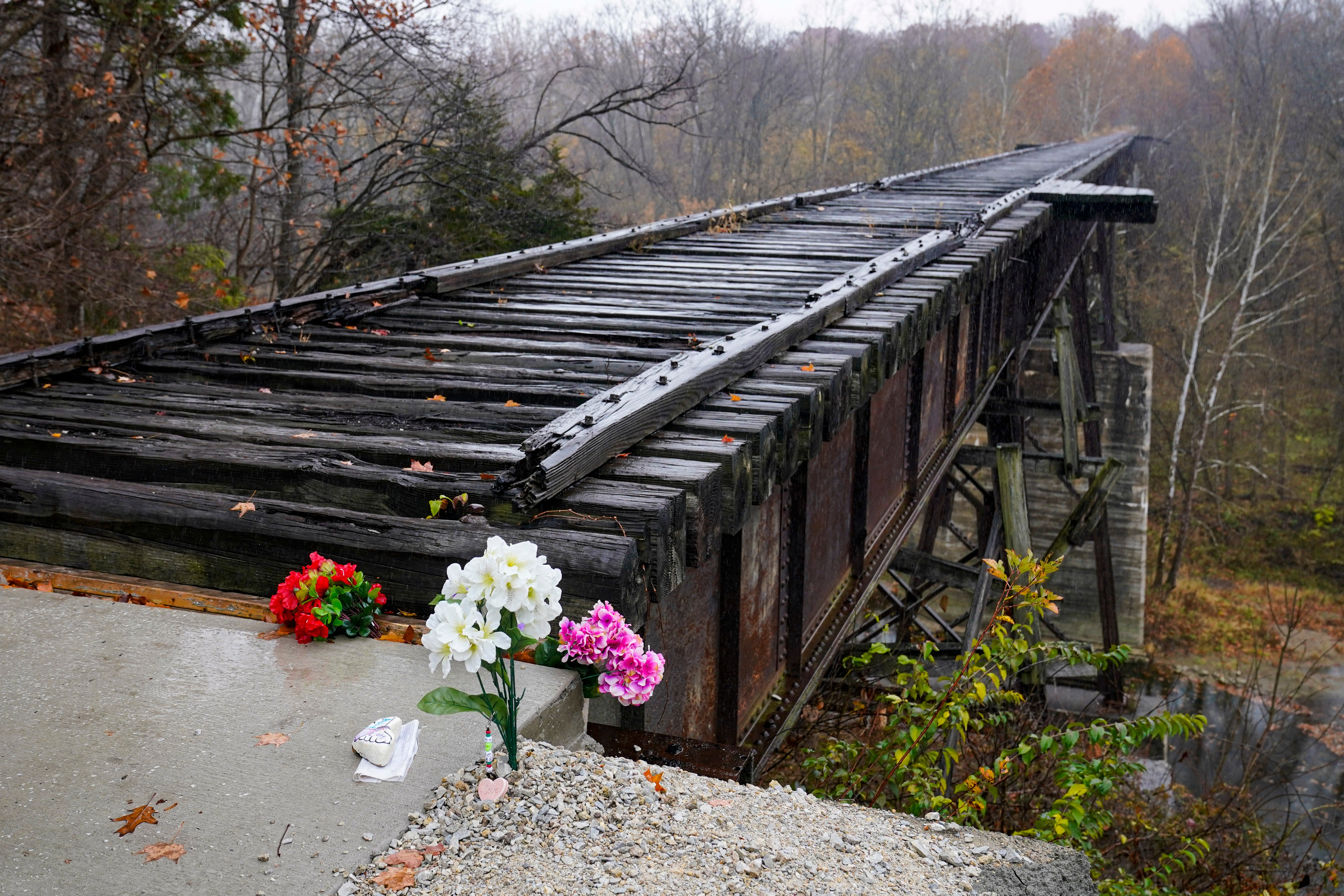
Ms Cain says that there’s a “super important distinction” between journalism that is reported through a podcast and a podcast on true crime that does not follow journalistic standards.
“I think there’s an assumption of illegitimacy of podcasters that people are just chatting into a mic about a crime and don’t know what they are doing and that’s understandable as a lot of true crime podcasts are just entertainment… but that’s why we say in our opening that this podcast is a platform for investigative journalism,” she says.
Initially, when they began reporting on the Delphi murders, the couple took the same approach that they had to the Burger Chef murders – searching for any similar cases of young victims killed near wooded areas.
“We didn’t find others – the murders of Abby and Libby seem pretty unique,” says Ms Cain.
But, overall, their work has simply been a case of traditional journalism: reporting on public information, developing sources, and researching, investigating and publishing original reporting.
The duo have a statement of principles for the podcast – much like the set of editorial standards a news publication holds itself to.
“I think some people have a sense that we just get scoops and publish them all when that couldn’t be further from the truth,” says Ms Cain.
“We protect our sources and the integrity of the investigation. We are very careful about what we put out there.
“In any sort of journalism there is a need to balance the need for the public to have information and keeping certain things quiet for the sanctity of the investigation. There’s a nuance there.”
She adds: “There’s been lots we’ve received about the case that we would love to publish but based on our understanding we don’t as there’s been a case made that it may be detrimental to the case or that it may hurt somebody if it was made public.”
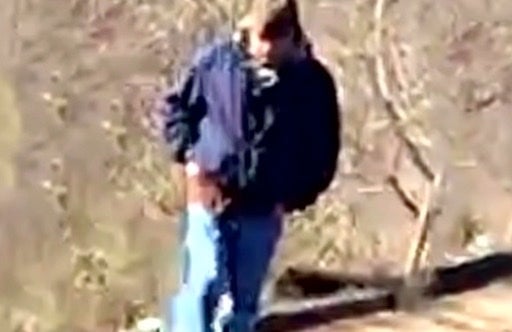
One example was when they learned about Mr Allen’s arrest.
The pair explain that they got word of the arrest in advance but, unable to confirm it, didn’t publish it before it became widely known on Friday.
“We were better to be late than wrong,” says Ms Cain.
Other information they did of course share.
Major details in the case
It was The Murder Sheet that first obtained and released details of the 2017 search warrant application for the home of local man Ronald Logan.
Logan owned the land on which the girls’ bodies were found and his home was just 1,400 feet from the crime scene.
He had allegedly lied about where he was at the time that the teenagers disappeared, claiming he was out of the area with a friend when cellphone location data actually placed him around the trail.
The partly-redacted search warrant application also revealed never-before-seen details about the murders.
It revealed that the teenagers were killed with some sort of weapon and had lost “a lot” of blood during their deaths.
They had been killed in another location, before the killer moved their bodies and staged them at the crime scene. The killer is believed to have then taken some sort of souvenir from the scene.
Logan was never arrested or charged in connection to the murders and died in 2020.
It was also The Murder Sheet that confirmed that Libby had been in contact with the catfishing account @anthony_shots prior to her death.
In December 2021, Indiana State Police released details about a fake online profile named @anthony_shots.
The profile was used from 2016 to 2017 on platforms including Snapchat and Instagram and used photos of a known young male model – who has no ties to the account or the case.
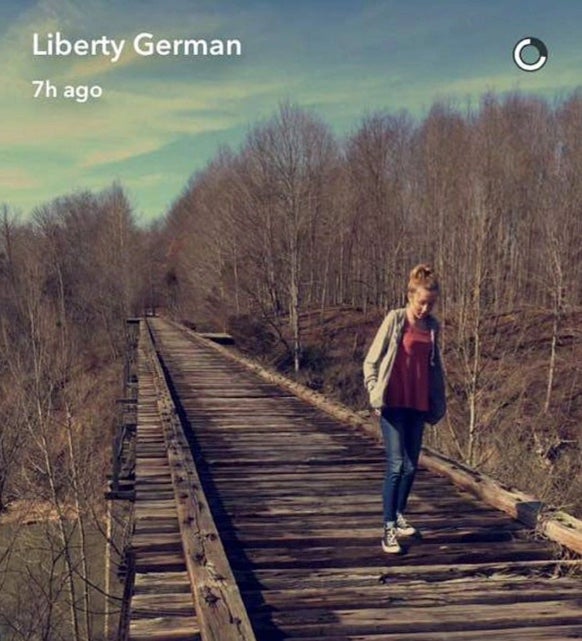
Investigators said the person behind the account was Kegan Kline, a 28-year-old man with addresses in Kokomo and Peru, close to Delphi.
Officials carried out a search of Kline’s home in Peru on 25 February 2017 - less than two weeks after Abby and Libby were murdered.
Kline admitted to authorities that he used the account to groom underage girls online and get them to send nude photos and their addresses and try to get them to meet him. He allegedly admitted to receiving about 100 sexual photos and about 20 sexually explicit videos from around 15 underage girls.
Earlier in 2022, the podcast hosts obtained a transcript of a police interview with Kline where he admitted that he had communicated with Libby through Instagram and Snapchat while posing as “Anthony Shots”.
He also admitted exchanging photos with Libby through the account.
The interview transcript also revealed that Libby had communicated with the account on the day that she was killed.
At one point, a detective confronted Kline with a message “Anthony Shots” sent to another user days after the murders.
“yeah we were supposed to meet but she never showed up,” it read.
In December, investigators urged anyone who had communicated with, met, or attempted to meet the individual posing as @anthony_shots to come forward with information.
Kline has denied any involvement in the murders and has not been charged in connection to the case.
He was arrested in 2020 on 30 felony charges over the catfishing account including child sexual abuse images and child exploitation. After some charges were dropped, he pleaded guilty to 25 counts in spring 2023 and is now awaiting sentencing.
It is not clear if the account led investigators to Mr Allen however, during a press conference announcing the charges against him, Indiana State Police Superintendent Doug Carter thanked the media for its role in the investigation.
“Thanks to literally hundreds of media outlets that have been steadfast in reporting and keeping the memories of Abby and Libby front and center,” he said.
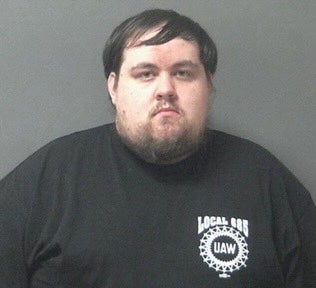
Ms Cain says that they’ve learned that The Murder Sheet at the least resulted in some leads in the case.
“We know from people with direct knowledge of the investigation that some of our reporting has led to actionable tips in the case,” says Ms Cain.
“Whether those tips amounted to anything, we don’t know. But we do know that shedding some light on the case has been positive.”
What ultimately led law enforcement to Mr Allen remains under wraps for now with details of the investigation still sparse and the probable cause affidavit currently sealed.
Mr Greenlee says they weren’t surprised by the vagueness of the police announcement about the arrest, pointing out that this has been the “pattern” from law enforcement ever since Libby and Abby were murdered.
But, he adds that one part of the press conference especially caught the attention of and “tantalised” the podcast creators.
‘Far from complete’
In a surprising move, Supt Carter hinted at the possibility that another individual or individuals could also have been involved in the murders, insisting that the investigation is “far from complete”.
“If any other person had any involvement in the murders in any way, that person will be held accountable,” he said.
Members of the public are urged to continue to submit tips – not only about Mr Allen but about any other information regarding the case.
“It was tantalising that they pressed so much that the investigation is not over,” says Mr Greenlee.
“Normally when an arrest is made, that is almost the end of the investigation but they pressed that it is not over and that they need people to continue to come forward with tips.”
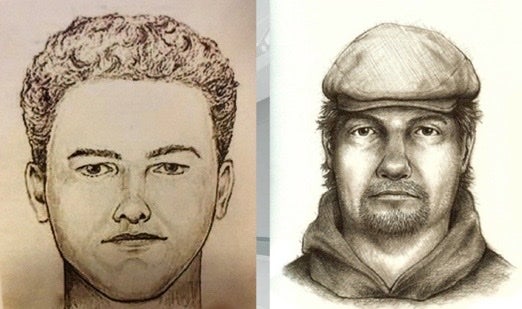
This could mean two possible things, he explains.
“The obvious one is that they think there is another person out there that is involved and that they don’t know who it is or that they do but need more evidence to make an arrest,” he says.
“Or the other possibility is that they are confident Mr Allen acted alone but, with the rumours out there, they need to debunk them.”
Neither Ms Cain nor Mr Greenlee want to speculate on where the case could lead next – or whether the names previously tied to the case could still be involved.
For now, the duo are continuing to research and report on the case, delving into the man charged with the 2017 murders – with an eye toward his 2023 trial.
“We’re open minded at this point,” says Ms Cain.
“As for the ‘Anthony Shots’ account, we know police believe the account is linked to the case as they came out and said it in December 2021… we filled in some of the pieces on that but when an accused online predator is connected to the victims of a homicide that’s certainly something you have to look at.
“But we’ll have to wait and see… I don’t think anyone has been great at predicting what has happened so far in this case.”
She insists that they are not there to solve what happened to Libby and Abby.
“Journalists don’t solve crimes – and that’s certainly the case with true crime podcasts,” says Ms Cain.
It’s something of an unusual statement from a journalist running what by all accounts is a true crime podcast.
But it’s something that the spouses and business partners stand by as they also urge others to be “judicious” about what they post online and what “uninformed speculations” they make about the case.
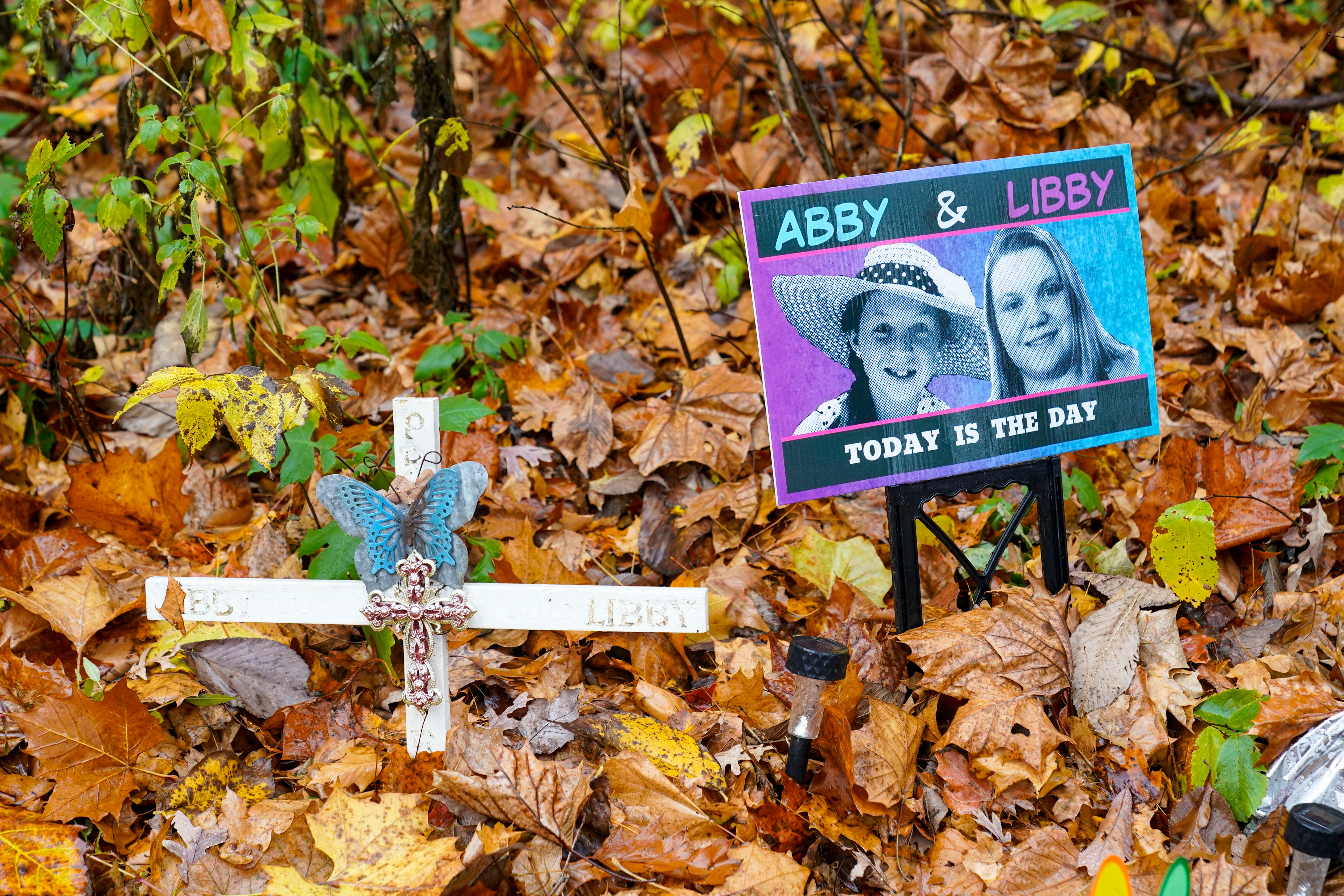
“Journalists are trained to do this work and to vet information that is accurate.
“If you put out information that is inaccurate there are professional consequences and you take steps to remedy it – that’s another part of why we were motivated to report on the case as by shining a light on the case you can eliminate some of that ability to just run with the flame of uninformed online speculation.”
Such interest surrounding the case and the true crime phenomenon more broadly can sometimes lead to the victims being lost from the story, she says.
“It’s a time where I think everyone should continue to keep Abby and Libby and their families in their thoughts,” says Ms Cain.
“They have endured so much pain – not just losing these two beautiful girls but also dealing with internet speculation and accusations over the years.
“This is a very tragic and real situation for the families and people interested in true crime need to keep that in mind as the case goes forward.
“This development means answers and justice are on the horizon but ultimately it’s still a very sad story.”
This article was originally published in November 2022







